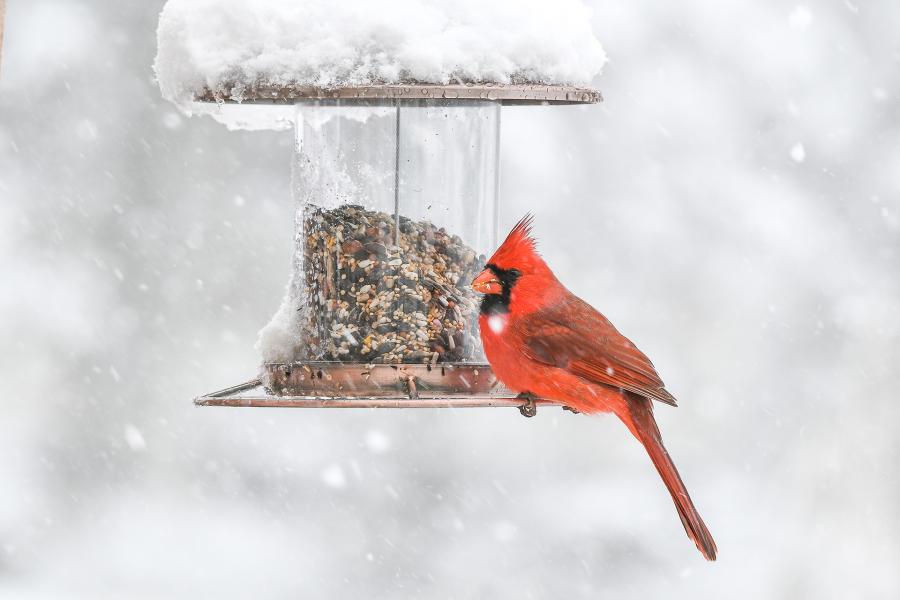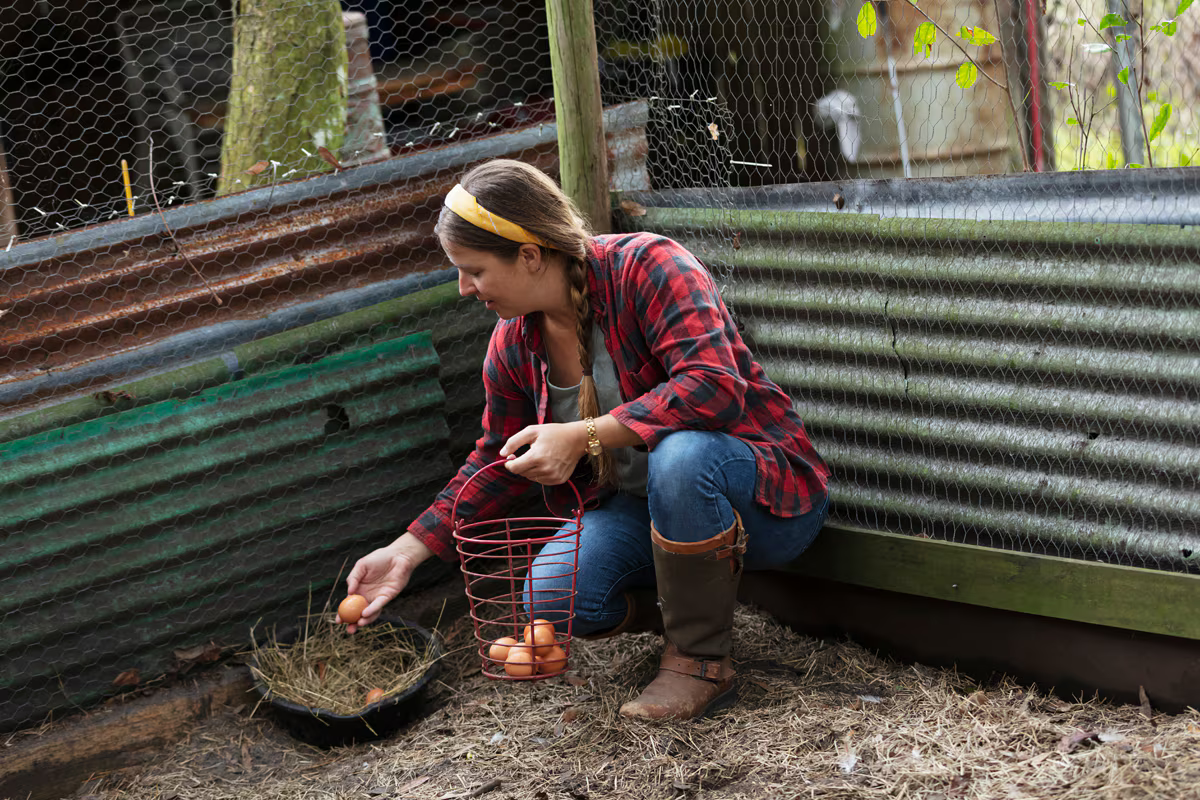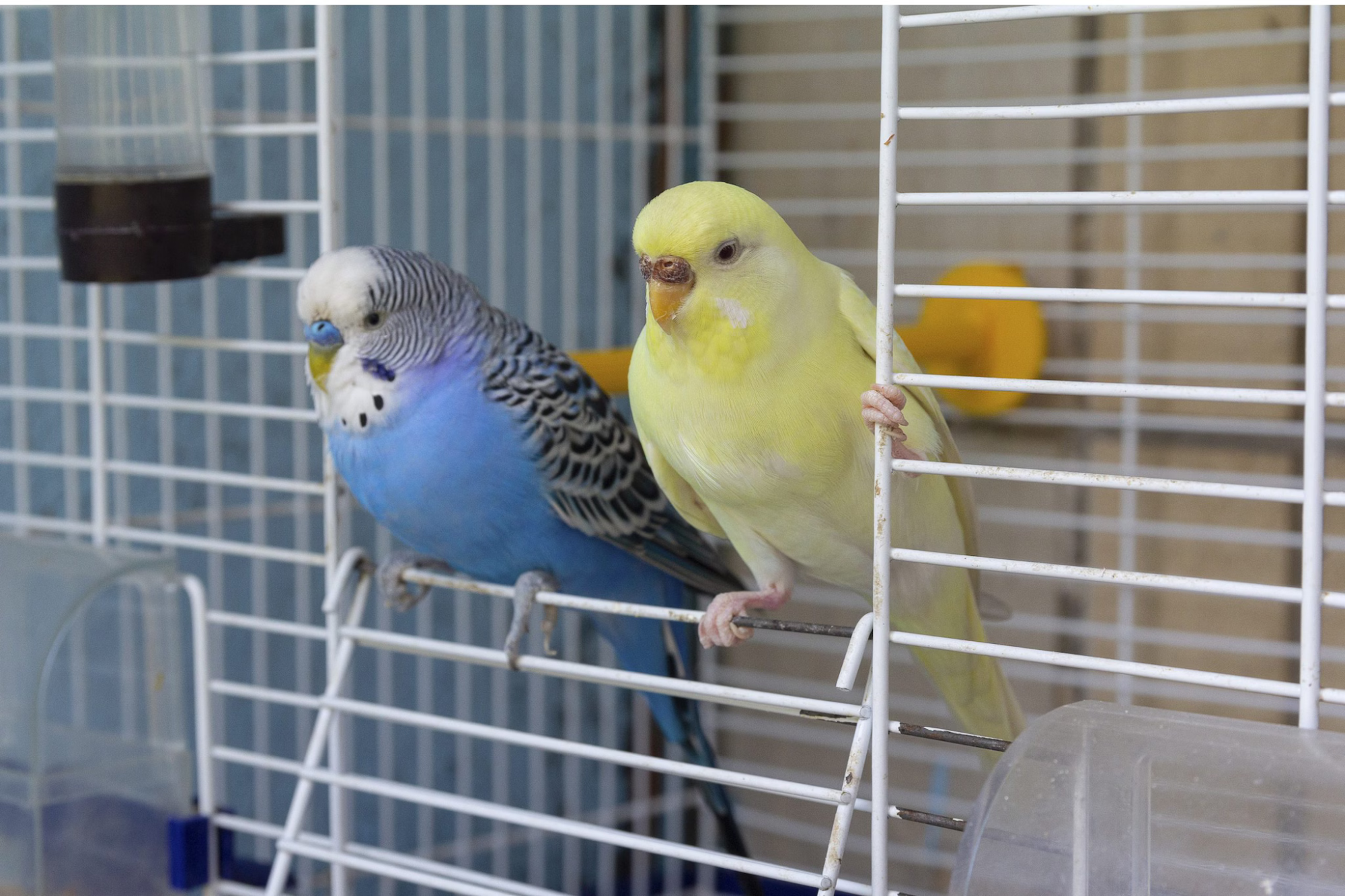State officials issue guidance to protect humans, animals from bird flu

By KATE COIL
As bird flu becomes an increasing concern for hunters, farmers, pet owners, and backyard birders, Tennessee state agencies are advising all residents to take proper precautions.

Known as “highly pathogenic” avian influenza (HPAI) viruses, “bird flu” can include H5N1 viruses and can cause both severe disease and death in poultry. While most wild birds don’t get sick from HPAI, they can circulate the disease to more vulnerable populations wherever they go.
“Numerous states in the Mississippi Flyway are reporting HPAI detections that are leading to dead and dying birds, mainly snow geese,” said Jamie Feddersen, TWRA Migratory Gamebird Coordinator. “Tennessee is also finding ducks and geese with HPAI. Hunters should follow safety precautions when handling these birds.”
The first reported incident of bird flu being found in the state during this current wave was at a commercial chicken facility in Gibson County in November. Avian flu was also confirmed in a flock of backyard fowl in Tipton County in January.
TWRA has issued precaution guides for hunters and for homeowners who may have bird baths, houses, or feeders in their yards. If homeowners find dead birds, they are encouraged to avoid contact with the dead or dying bird but should wash hands with soap and water and change clothing before making contact with any other bird.
If dead birds are found, homeowners should top feeding birds and cover bird baths. Any excess feed that has spilled or was placed on the ground should be cleaned up and feeders and baths should be cleaned with a 10% bleach solution.

Meanwhile, the Department of Agriculture is providing guidance for domestic birds, such as backyard flocks and pets, as well as cattle and other pets that may be impacted. State officials also advise owners of pet birds to consult their veterinarians for advice on how to prevent bird flu in their pets as well as what to do if their pet is exhibiting symptoms.
A multi-state outbreak of bird flu in cattle began in March 2024 and has been monitored by the CDC and U.S Department of Agriculture. At present, there are 925 herds in 16 states – not including Tennessee – where bird flu has been reported in lactating dairy cows.
The first known human-related contraction of bird flu came from an individual in Texas who had exposure to dairy cows rather than birds. Since the outbreak, there have been 66 human cases of bird flu and one bird-flu related death in a human reported in Louisiana.
Additionally, bird flu has been found in domestic pets other than birds – most notably cats. Pets that live on farms with birds or that have had access to dead birds or unpasteurized milk from infected cows, eat raw meat that is infected, are at a higher risk of contracting the virus.
Pet owners are encouraged to keep cats indoors and consult with their veterinarians if they have any concerns. The American Veterinary Medical Association (AVMA) has guidance on what signs other pets may exhibit if they have contracted bird flu.
Look for signs of illness and report a sudden increase in the number of sick birds or bird deaths to the Tennessee State Veterinarian’s office at (615) 837-5120 and/or USDA at 1-866-536-7593. For wild birds, report dead or dying bird sightings to TWRA.
Bird Flu Guidance
In the Backyard
As songbirds are at low risk, there is currently no recommendation to take down bird feeders, houses, or baths unless you also keep domestic poultry. It is recommended to clean bird feeders and birdbaths regularly as a way to keep many kinds of diseases at bay.
For Pet Birds
Wash your hands thoroughly before and after interacting with domesticated birds. Keep cages clean but
don't clean any equipment in the kitchen sink visit the vet regularly. Learn more about more domestic bird prevention.
For Domestic Fowl
Dedicate a pair of shoes to only be worn in coops. Clean those shoes after each visit. Regularly disinfect any equipment used in coops. See further coop guidance online. Deter wild birds from interacting with domesticated birds. Consider hanging noisemakers in trees or, if local rules allow, set off firecrackers intermittently or when you see vultures or geese on your property.
For Other Pets
Keep cats indoors. Keep pets that do go outdoors away from wild birds, poultry, and cattle and their environments. Prevent pets from eating dead birds or other animals. Avoid feeding pets raw meat or poultry and unpasteurized milk. Immediately contact your veterinarian if you notice any signs of HPAI.
For Hunters
Hunters who handle wild birds should dress game birds in the field when possible and remains from processed birds can be buried where the animal was harvested or double bagged and disposed along with normal household waste.
How to report suspected cases
Look for signs of illness and report a sudden increase in the number of sick birds or bird deaths to the Tennessee State Veterinarian’s office at (615) 837-5120 and/or USDA at 1-866-536-7593. Find more tips and HPAI resources online.
